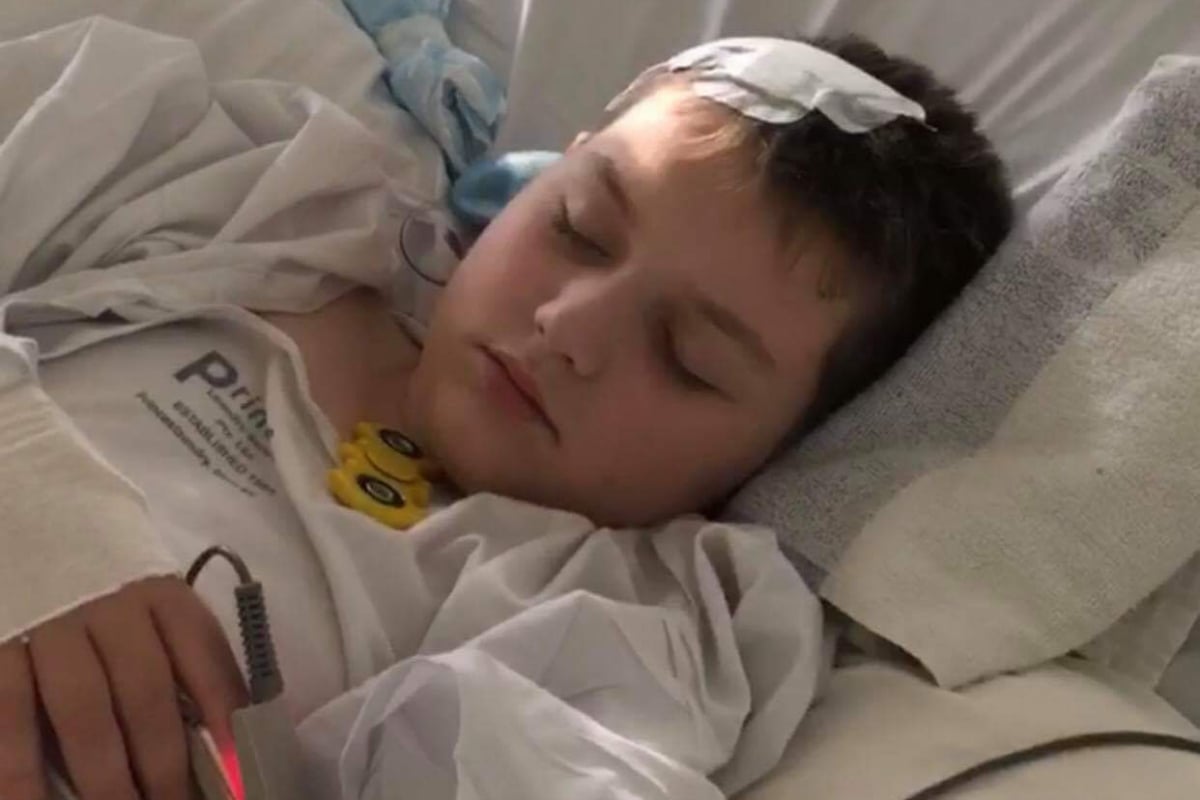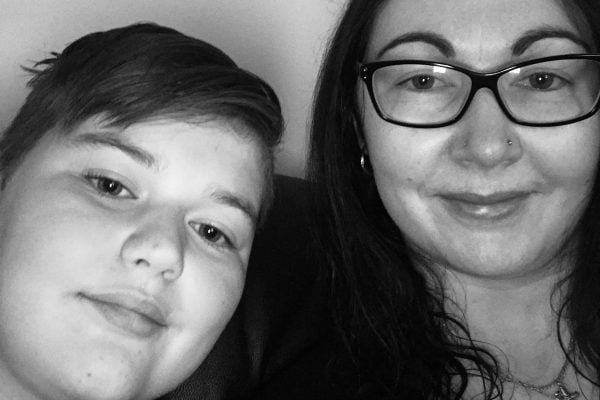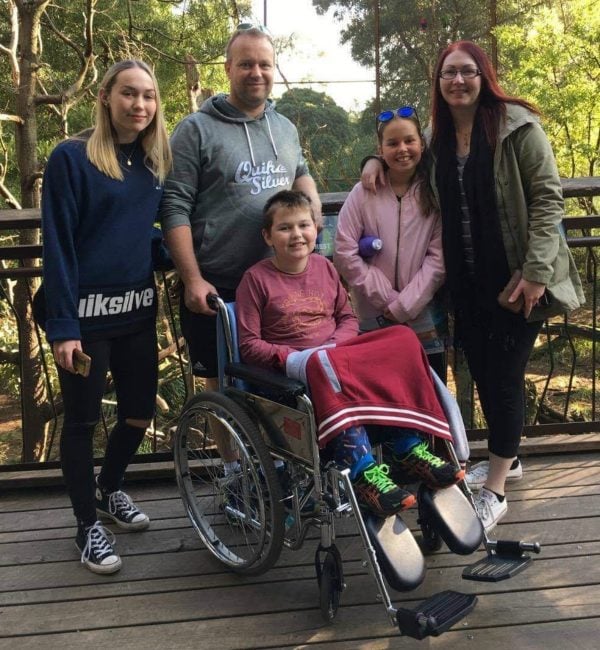
As a parent we’re always worrying about our children, no matter how old they are. But one thing that I never worried about with any of my children was them having a stroke. Never in a million years did I ever think that it would happen us, it just wasn’t on my radar.
Then on Saturday 6 May 2017, life as we knew it changed forever.
Now, we’re just your average family with four children. At the time, life was extremely busy. My eldest daughter was completing her last year of VCE and was studying for exams. That week prior, my 10-year-old son Aashtin hadn’t been feeling very well.
He was complaining of headaches and tingling in his hands. I had a gut feeling that something wasn’t right, call it mother’s intuition. I took my youngest to the paediatrician on Wednesday and she said it was a virus and to go home and rest. That eased my mind.
Yet by Saturday, things had gone downhill fast. Aashtin was vomiting uncontrollably, unable to sit up and couldn’t comprehend basic instructions. His eyes kept going back and forth and were unable to focus.



